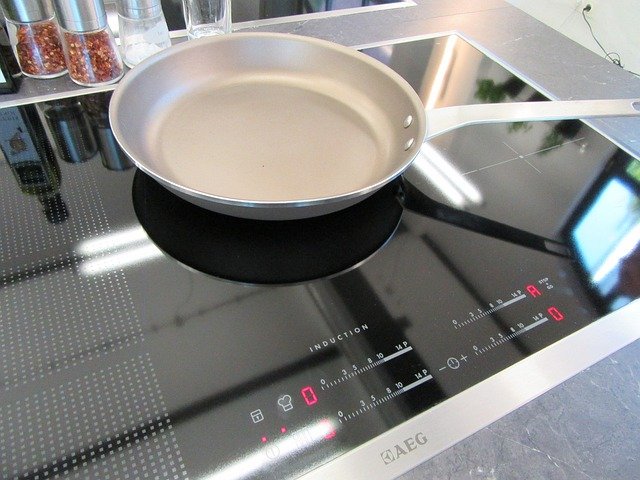Smoke Signals: Messages from the Future?
This summer is the first time that I can remember, since my family moved to Illinois in 1969, that I needed to be concerned about the air quality.
I think that here in Chicagoland, we feel like we’re protected from the worst effects of climate change. Though Lake Michigan sometimes feels like an ocean, it isn’t one and we’re not as vulnerable to sea level rise as cities like Miami and New York.
The smoke from the Canadian wildfires has been a wake-up call. It’s got me thinking about borders and how they’re man-made. We can draw lines on the land and even divide up the air space, but the air itself is not aware of these.
Wikipedia defines smoke signals thusly: In general, smoke signals are used to transmit news, signal danger, or to gather people to a common area. I like the idea that smoke from these fires is doing all of these. The news is that the climate is changing, that’s dangerous for all of us and future generations and we should all get on the same page about mitigating it, no matter where we live on the map.
So if these are smoke signals, who are they from? Canada? The future? Earth herself?
Clean Air
You may have noticed that we launched a new website. Because we were moving things around, I had the opportunity to rewrite the Why Compost section. In my research, I noticed that there was a mention of air quality on Project Drawdown’s composting page, something I had not noticed on previous visits to the page. In the co-benefits box, one of the bullet points is: Reducing landfill waste can reduce air pollution and associated respiratory illnesses such as chronic obstructive pulmonary disease, asthma, and pneumonia.
All of this got me thinking about the Clean Air Act. I didn’t really remember it being passed, and there is a good reason for that. The first Clean Air Act was introduced the year I was born: 1963.
It’s a bit off-topic to mention this, but my googling also led me to a film called Smoke Signals. The screenplay was written by Sherman Alexie, a good sign that it is worth watching. It’s not too much of a spoiler to tell you that a house fire is an important plot point in the film.
Our House is On Fire
I would be remiss if, in a blogpost about smoke and fire, I did not mention Jeanette Winter’s picture book entitled Our House Is on Fire: Greta Thunberg’s Call to Save the Planet. It includes this quote from TIME’s 2019 Person of the Year, teen climate activist Greta Thunberg: I don’t want you to be hopeful. I want you to panic…I want you to act as if our house is on fire. Because it is.
Induction stoves
A friend of mine is updating her kitchen and I have persuaded her to put in an induction stove. I didn’t have many ready reasons as to why, but I have a feeling that induction is the future. I’ve never personally used one, I’ve just read a lot about how gas stoves are not good for our indoor air quality. The New York Times/Wirecutter has a good article about the pros and cons, if you are wondering if an induction stove is for you. I like that it’s safer, more energy-efficient, and can be run on renewable resources.
When I write this blog, I usually put down a bunch of thoughts and then go away and let it simmer. (Couldn’t resist the pun.) Invariably something pops into my email inbox or social media feed that I want to add. This month it was this article in Energy News about the City of Chicago giving grants that will fund electrification for lower-income residents so that they do not bear the brunt of paying for the record-high rate increases on the horizon that utility Peoples Gas is requesting to upgrade its system. The project aims to check two boxes: reduce both indoor gas pollution and escalating gas bills. From the article: “With this RFP, the Johnson administration is showing their priorities are in the right place when it comes to tackling environmental justice and the problems of energy burden,” said Sarah Moskowitz, executive director of the Illinois Citizens Utility Board.


